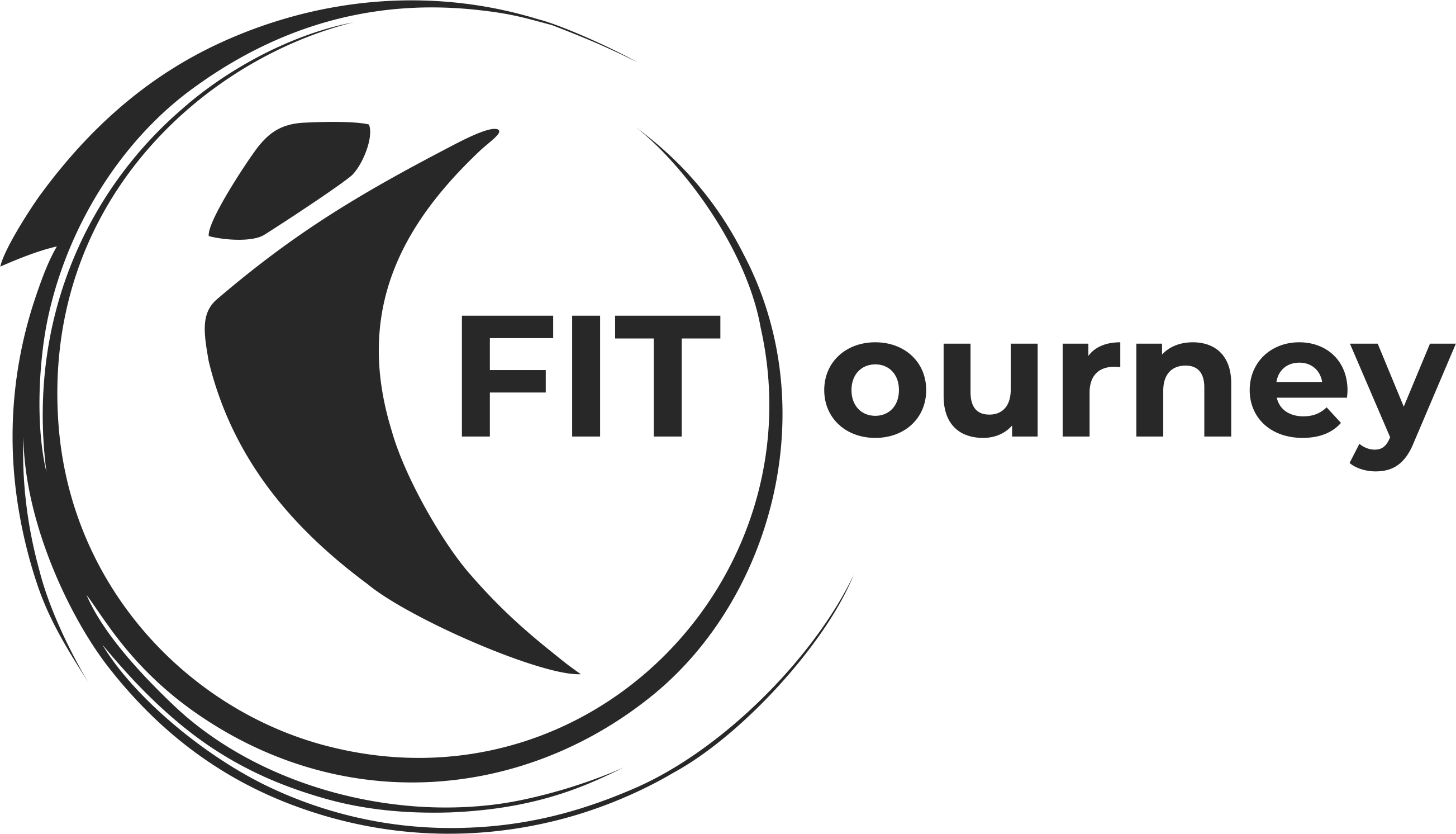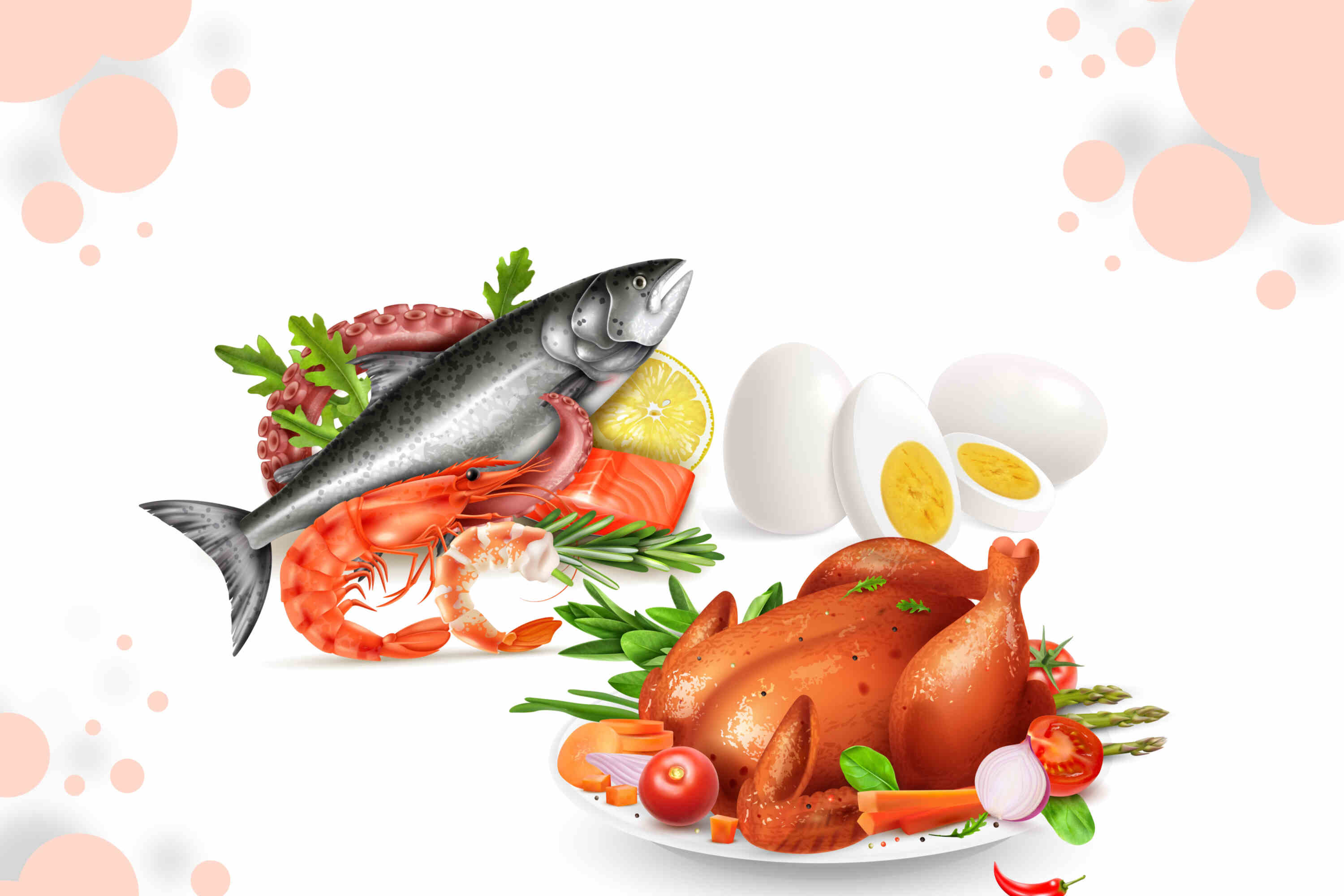Food is an integral part of our life. Our dietary choices can have both positive and negative impacts on our health. For optimal health, a balanced diet, rich in essential macronutrients and micronutrients, is imperative.
Globally, individuals predominantly adhere to three dietary types: vegetarian, non-vegetarian, and vegan. Each has its merits and demerits. For instance, while a vegetarian diet provides ample complex carbohydrates and fibres, it may lack complete protein sources. Conversely, non-vegetarians have an abundance of protein options but might struggle to find adequate carbohydrate-rich foods.
For non-vegetarians, numerous food choices are available to meet daily protein requirements. But not all food options are healthier. One needs to design their diet in a way where one gets healthier options to fulfil nutrient needs.
Below, we explore the benefits and potential drawbacks of a non-vegetarian lifestyle
Advantages of being a non-vegetarian
Diverse Food Options: Non-vegetarians enjoy a vast array of choices, ranging from poultry like chicken to red meats such as lamb, beef, and goat. Seafood, including fish, lobster, prawns, shrimps, crabs, and the versatile egg, all fall under non-vegetarian foods.
Protein-Rich: Protein is crucial for the healthier development of our body. Non-vegetarian food is one of the greatest sources of protein. It has been shown in medical studies that protein derived from animals is better than protein derived from plants, such as pulses and milk.
Omega-3 Fatty Acids: Seafood is an excellent source of omega-3 fatty acids, essential for heart health and potentially offering protection against severe conditions like cancer. This nutrient is challenging for vegetarians to obtain.
Nutrient Density: Non-vegetarian foods such as meat, poultry, and seafood are nutrient-dense and can aid in boosting immunity. They also serve as warming foods during colder months.
Disadvantages of being a non-vegetarian
Health Concerns: Overconsumption of meat can potentially lead to heart issues, diabetes, and kidney disorders.
Hormones in Meat: Hormones administered to livestock to enhance meat quality might result in digestive disturbances, including stomach pain and intestinal diseases.
Digestive Issues: Non-vegetarian food has a higher risk of constipation and bloating issues.
Cholesterol Levels: Certain non-vegetarian foods, especially red meat, can elevate cholesterol levels, potentially leading to hormonal imbalances.
Animal Welfare Concerns: One of the significant ethical concerns raised about non-vegetarianism revolves around animal cruelty. Fitourney recommends you consult your dietician to ensure a balanced and healthy diet plan.

